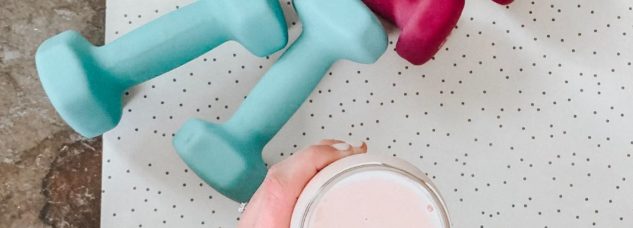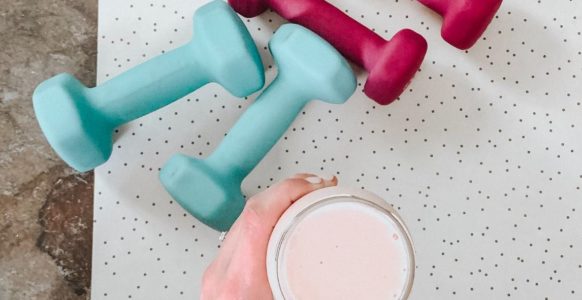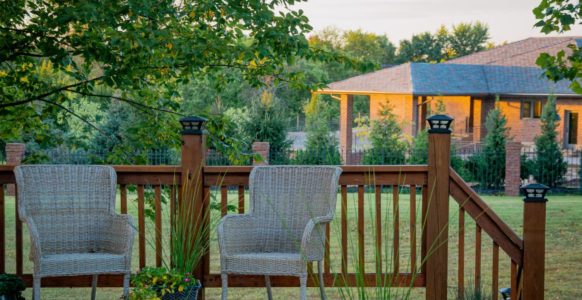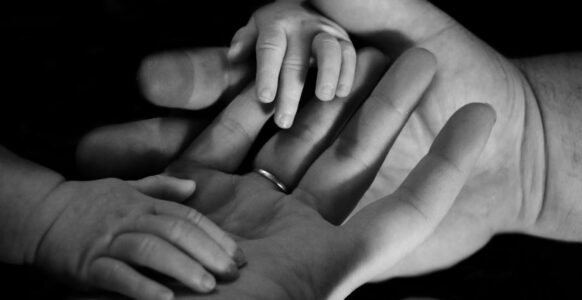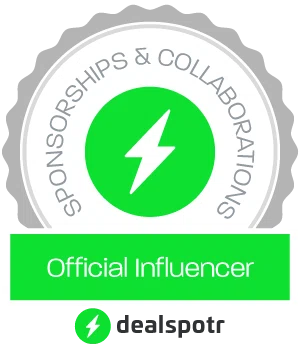May Is National Blood Pressure Awareness Month…Let’s Talk About Blood Pressure!
This post was sponsored, and paid for, by the American Heart Association. All opinions are my own.

Let’s Go Back To The Basics
May is national blood pressure awareness month and I have to say I’ve had a lot of personal experience with this topic. But before I get into my own story I want to start with the basics. For those of you who don’t know too much about blood pressure…you’re not alone. Before I became aware of myself, I always just knew it was a reading that the doctor takes and moves on with the rest of the appointment. You never really know what the number means or whatever the benchmark numbers are unless you ask.
There two numbers you need to be aware of that make up your blood pressure. The top number is the systolic pressure which is the pressure that is in your arteries when your heart pumps your blood. The bottom number is your diastolic reading which is the pressure when your heart muscle is between beats. Levels that are considered normal are 120/80 and under. Elevated levels are 120-129/less than 80. High blood pressure (hypertension stage 1) 130-139/80-89. High blood pressure (hypertension stage 2) 140 or higher/90 or higher. Hypertensive crisis 180 or higher/120 or higher.
Finding out where you fall is SUPER important. Why? Because if you have high blood pressure you will most likely have no symptoms…that’s why it’s called the silent killer.
What Causes High Blood Pressure?
There are many factors that go into having high blood pressure. It could be unhealthy eating, lack of exercise, and even heart disease that runs in your family. For me, it has been a history of heart disease in my family. That’s why besides a healthy lifestyle, family history is also an important thing to take note of. I have had multiple family members suffer from high blood pressure two of them which didn’t know about it. Unfortunately, my grandpa and aunt where those two people and they passed away from a heart attack. My grandma also has high blood pressure but has been able to monitor it because she gets checked. However, she recently realized just how important more frequent checks are as she suffered a series of strokes. Luckily, she caught them in time and now has an at home monitor. I can seriously not stress enough how important it is to get checked on a regular basis. To ensure you are using your monitor correctly bring it the doctors office with you and let them show you how to get an accurate reading.
Once you get checked you can learn your risk by using the American Heart Associations interactive blood pressure chart at www.heart.org/bplevels and receive practical tips that you can use to take action immediately. These are simple steps to help you, your friends and family get on the right path.
Getting Checked
No matter how old you are getting checked is important. Yes, you can be young and invincible, eating healthy and exercising, but still, have blood pressure issues. I happen to have had symptoms of blood pressure issues. I went straight to my doctor and found out I was on the opposite end of the spectrum with lower than normal blood pressure…so yet again I can’t stress enough…GET CHECKED! You need to know where your levels are at.
I know now that at the age of 26 to make sure I not only check with my doctor on a bi-yearly basis, but I monitor my blood pressure at home using an at home device. Knowing your normal is key. I know I tend to be on the lower end so keeping my blood pressure stable is important. But no matter where your number lies even if it is perfect you want to make sure it doesn’t drop suddenly or spike suddenly.
High blood pressure is the second most common cause of preventable death in the US. Spreading awareness and making friends and family get checked can cut these ugly statistics in half.
Let’s Go On This Journey Together
I challenge all of our readers to join the challenge by getting checked and encouraging those around you to get checked and understand your numbers. Make sure you exercise on a regular basis, avoid alcohol and smoking, manage stress and practice mindfulness. We only get one life, so let’s make it the best one!
For more information be sure to head over to the American Heart Associations website which you can find HERE!


